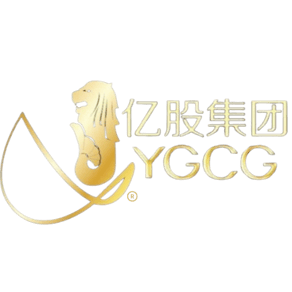Quality Control Process
Mô tả bài đăng trên blog.
9/26/20242 min read


Quality Control in the Oil Industry: A Critical Overview
The oil industry, given its high-risk nature and stringent regulations, demands rigorous quality control (QC) processes. These processes ensure that products, services, and operations align with established standards, minimizing risks and maximizing efficiency.
Key Stages of Quality Control in the Oil Industry
Exploration and Production:
Geological Data Verification: Ensuring the accuracy of seismic data and geological interpretations to guide drilling operations.
Wellbore Integrity Testing: Checking for leaks, corrosion, and other issues in wells to prevent environmental contamination and operational disruptions.
Fluid Quality Analysis: Testing crude oil and natural gas for impurities, contaminants, and specific gravity to determine their suitability for refining or sale.
Transportation and Storage:
Pipeline Inspections: Regular inspections to identify corrosion, leaks, and mechanical failures.
Tank Storage Quality Control: Monitoring tank levels, temperature, and product quality to prevent contamination and loss.
Loading and Unloading Inspections: Verifying the accuracy of quantity and quality measurements during transfers.
Refining:
Raw Material Testing: Analyzing crude oil properties to optimize refining processes.
Intermediate Product Quality Control: Monitoring the quality of products at various stages of the refining process.
Finished Product Testing: Ensuring that refined products (e.g., gasoline, diesel, jet fuel) meet specific standards for performance, emissions, and safety.
Distribution and Retail:
Product Sampling: Regularly testing products at distribution points to ensure consistency.
Retail Outlet Inspections: Checking for proper storage, handling, and dispensing practices.
Common Quality Control Techniques
Visual Inspections: Observing equipment, facilities, and processes for signs of wear, damage, or abnormalities.
Non-Destructive Testing (NDT): Using techniques like ultrasonic testing, radiographic inspection, and magnetic particle testing to detect defects without damaging the material.
Laboratory Analysis: Conducting chemical, physical, and microbiological tests on samples to assess quality.
Statistical Process Control (SPC): Using statistical methods to monitor and control processes, identifying trends and variations.
Audits and Certifications: Conducting regular audits to verify compliance with standards and obtaining certifications like ISO 9001 or API specifications.
Importance of Quality Control in the Oil Industry
Safety: Ensuring the safe operation of facilities and preventing accidents.
Environmental Protection: Minimizing environmental impacts by preventing leaks, spills, and emissions.
Regulatory Compliance: Adhering to local, national, and international regulations.
Operational Efficiency: Optimizing processes, reducing waste, and improving productivity.
Customer Satisfaction: Delivering products and services that meet or exceed customer expectations.
By implementing robust quality control measures, oil companies can mitigate risks, protect the environment, and maintain a competitive edge in the industry.
Leading Niche Market Trader For ULSD In The Pacific Region
Through streamlined logistics, rigorous quality control measures, and secure letter of credit transactions, we guarantee the product's adherence to the highest industry standards. Combined with YGCG's global logistics and trade finance capabilities, provides a robust supply chain that optimizes efficiency and minimizes risks.
Contact:
YGCG Energy Industry CO ., Ltd © 2024. All rights reserved.
Y G C GROUP (S) PTE. LTD. (201433057C)


